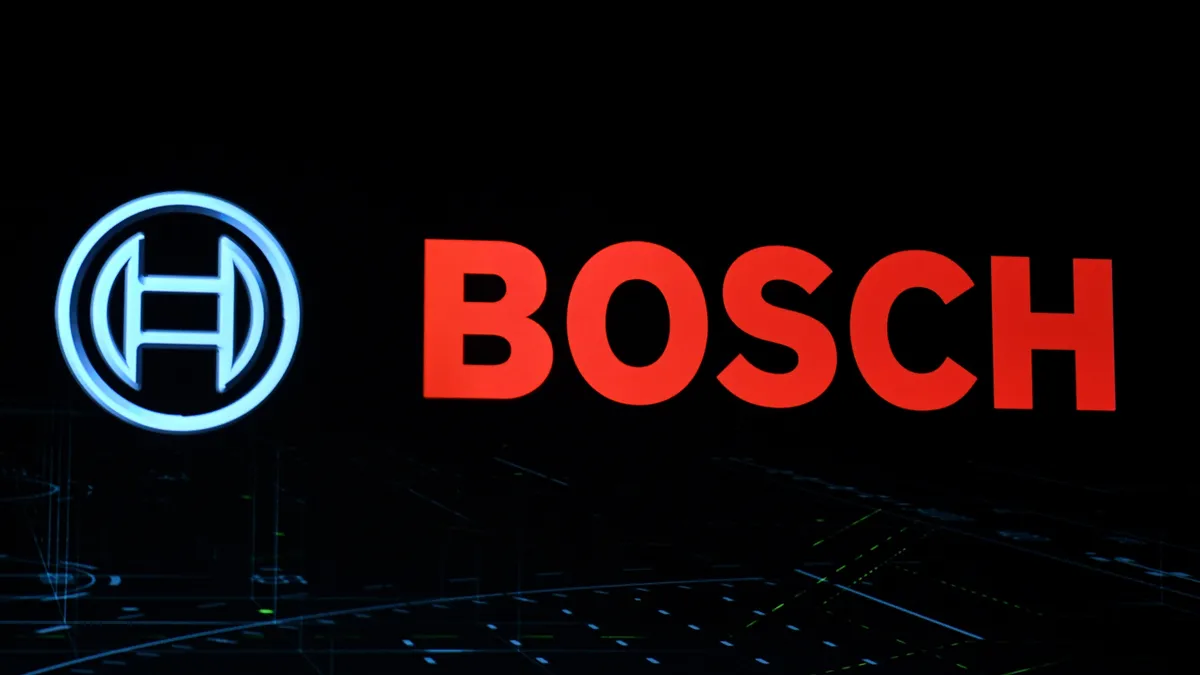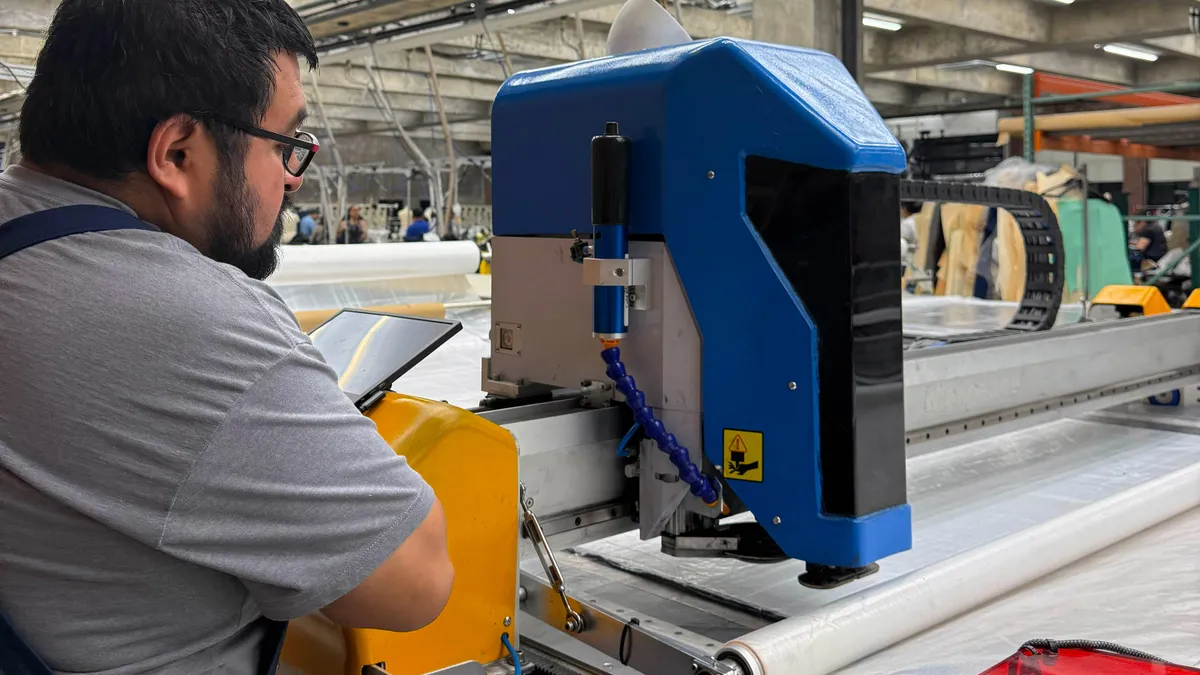Dive Brief:
- Bosch Group launched electric vehicle motor production at its Charleston, South Carolina site this month, with plans to expand capacity through a more than $260 million investment to support additional EV component orders.
- Production currently covers 200,000-square-feet previously used for diesel components, with a 75,000-square-feet addition expected to be operational by 2023.
- Expansion of the South Carolina site is part of $6 billion in funding the company has poured into electromobility development, Mike Mansuetti, president of Bosch in North America, said in a statement. “Local production helps to advance our customers’ regional electrification strategies, and further supports the market demand for electrification.”
Dive Insight:
Bosch is leveraging its two major South Carolina facilities to ramp up auto component production for EVs.
In August, the company announced plans to add fuel stack production for heavy-duty electric vehicles to its Anderson, South Carolina facility’s repertoire. At the time, Mansuetti credited associates’ relevant expertise in electronics and sensors for Bosch’s site selection.
“We have established infrastructure in Anderson. We have cleanrooms and the things you need to be able to do fuel cell stack production,” Tim Wieland, director of Corporate Communications for Bosch North America, told Manufacturing Dive. “And in Charleston, we have a strong understanding of Industry 4.0. A lot of the automation that was needed for electric motor production, the team there already had a lot of competencies.”
Along with using artificial intelligence and Industry 4.0 to grow efficiency, the Charleston site has a long history of mobility-related manufacturing. The plant converted one of its buildings formerly used for diesel component production to produce electric vehicle motors, according to the release.
“We are in the midst of major shifts in mobility, and the story of reinvention in Charleston is a model for how electrification production can evolve from within an existing facility,” Mansuetti, who started his career as a manufacturing engineer in Charleston, said in a statement.
To further support the site transformation, Wieland said Bosch offers specific internal programs to re-skill and up-skill employees to work with the new technology, as well as career development paths for associates to understand how their skills can be used in electrification.
Other manufacturers are also relying on existing manufacturing sites for EV-related production. German automaker BMW recently announced plans to expand its South Carolina plant to produce EVs, taking advantage of its 40 Tier 1 suppliers already located in the state.
“As more electrified solutions come to the market, the strong footprint and skilled workforce in South Carolina is well established to help organizations bring these solutions to the market,” South Carolina Governor Henry McMaster said in a statement.












